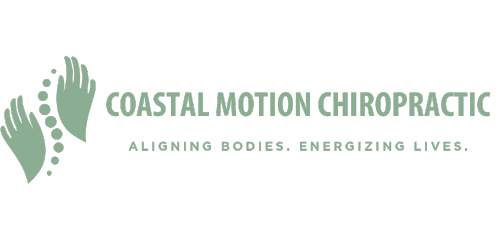Frequently Asked Questions About Chiropractic—Answered Honestly
Everything you’ve wanted to ask, without the jargon or sales pitch.
Chiropractic care has come a long way in recent years. What used to be considered an alternative treatment is now widely recognised as a powerful, evidence-informed way to improve how your body moves, feels, and functions. Still, plenty of questions and misconceptions remain—especially if you’ve never seen a chiropractor before.
Below, Dr. Lucas Bennett answers some of the most common questions he hears in the clinic—honestly, clearly, and with zero pressure.
1. What exactly does a chiropractor do?
Chiropractors are trained to assess, diagnose, and treat conditions related to the spine, joints, muscles, and nervous system. At its core, chiropractic care is about restoring movement where it’s lacking, calming irritation in the nervous system, and helping the body function at its best.
While adjustments (spinal manipulation) are one of the tools chiropractors use, many modern practitioners—like myself—also include soft tissue therapy, movement education, dry needling, rehab exercises, and nervous system regulation in their care plans.
We don’t just “crack backs.” We look at the whole person and how their body functions as a system.
2. Do I need to be in pain to see a chiropractor?
Not at all. While pain is often what brings people in, chiropractic care is just as effective for improving mobility, preventing injury, and helping you feel more connected to your body—even if nothing currently “hurts.”
In fact, many of our clients see us for maintenance or performance reasons: they want to move better, train smarter, or support their posture in everyday life.
3. Is it safe? What about the “crack”?
Yes, chiropractic care is considered very safe when performed by a qualified practitioner. The “crack” you hear during some adjustments is simply gas being released from the joint—not bones grinding or anything harmful.
That said, not everyone needs or wants to be adjusted that way. I tailor treatments based on your comfort level and clinical needs. There are gentler techniques available, and no one is ever forced into anything they’re not ready for.
4. Will I have to keep coming forever?
Short answer: No.
My goal is to help you get better—not to keep you coming back endlessly. We’ll always begin with a clear plan that matches your goals. Some people come for a short course of care and feel great. Others choose to continue with maintenance care because they feel their best when they do.
Either way, you’re in control. I’ll give you honest recommendations, and you’ll decide what feels right for you.
5. What can chiropractic actually help with?
Here are just a few of the things people see me for:
- Lower back pain
- Neck tension & headaches
- Sciatica & nerve-related pain
- Shoulder, hip, and joint issues
- Postural strain (especially from tech or desk work)
- Sports injuries & movement imbalances
- TMJ (jaw tension)
- Pregnancy-related discomfort
- Recovery after periods of stress or burnout
Chiropractic can’t cure everything, but it’s a powerful tool for restoring function, reducing pain, and improving quality of life.
6. What happens during my first appointment?
Your initial visit is all about understanding you. We’ll talk through your symptoms, history, lifestyle, and goals. Then I’ll run through a movement and postural assessment to figure out what’s going on.
If we both feel it’s appropriate, you’ll receive hands-on treatment during that first session—whether that’s an adjustment, soft tissue therapy, or mobility work. You’ll leave with a clearer picture of what’s happening and what steps we’ll take next.
No rushed care. No cookie-cutter treatments.
7. What makes your approach different?
Coastal Motion Chiropractic was created with one goal: to offer modern, movement-based care that treats the whole person. I don’t just chase symptoms—I look at how your body moves, compensates, and adapts over time.
Expect thoughtful explanations, calm energy, and a strong focus on long-term solutions. We combine manual therapy with functional rehab and nervous system support to help you not just feel better—but stay better.
8. Do I need a referral?
Nope. Chiropractors in Australia are primary healthcare practitioners, so you can book directly. If you’re using private health insurance or a care plan from your GP (like a Chronic Disease Management Plan), we’ll help you navigate that too.
9. Is chiropractic backed by science?
Yes—and it continues to evolve. There’s strong evidence supporting chiropractic for conditions like lower back pain, neck pain, and tension headaches. Many chiropractors, including myself, stay up to date with current research and integrate other evidence-based practices like rehabilitation and pain neuroscience education into our care.
Chiropractic isn’t magic—it’s movement science, applied with care and context.


